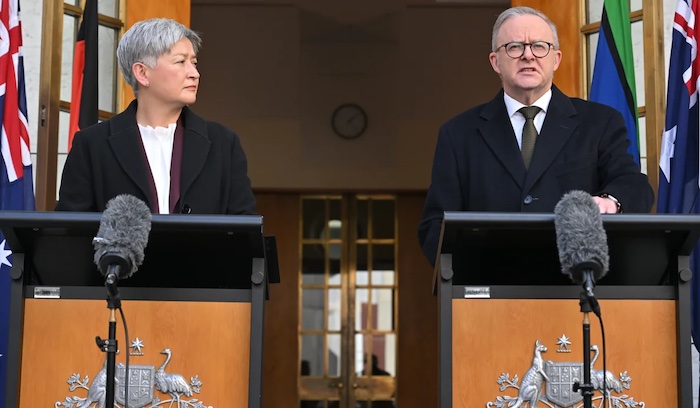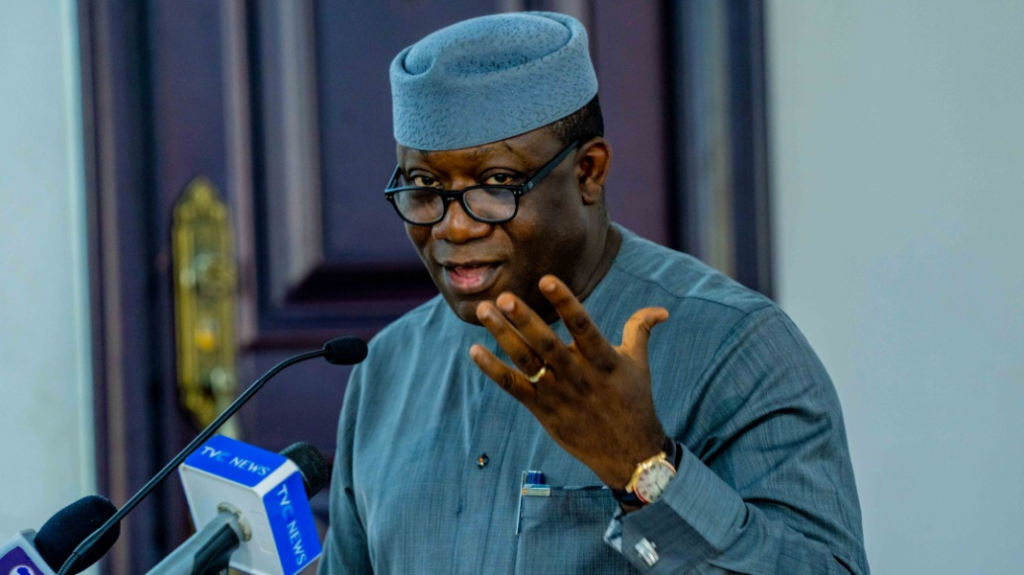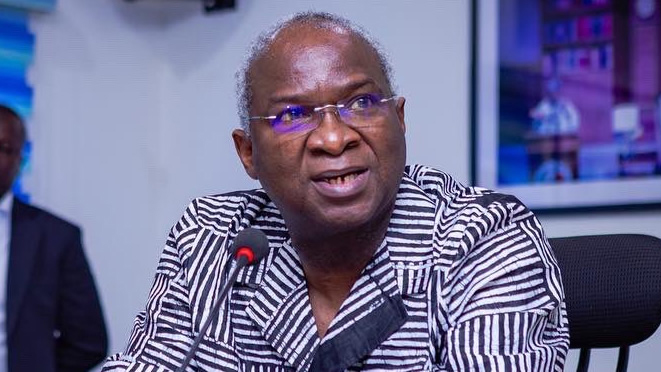On Tuesday, July 2016, Justice Yellim Bogoro of the Federal High Court in Lagos dismissed a lawsuit filed by lawyer Malcolm Omirhobo, who challenged the presence of Arabic inscriptions on Nigerian currency, the Naira.
Justice Bogoro ruled that Omirhobo did not provide sufficient evidence to prove that the Central Bank of Nigeria (CBN) acted in bad faith in the design, issuance, printing, and distribution of Naira notes featuring Arabic inscriptions.
While recognizing Omirhobo’s argument that Nigeria is a secular state with no religion superior to another, Justice Bogoro emphasized that Nigeria is a multi-ethnic and multi-religious country, where all ethnic groups and religions are respected equally.
Omirhobo, who filed the suit in 2020, argued that the Arabic inscriptions on the Naira notes implied that Nigeria was an Islamic state, contrary to its constitutional status as a secular nation. He sought an injunction to prevent the CBN from further approving, printing, and issuing Naira notes with Arabic inscriptions. Additionally, he requested that the court order the CBN to replace the Arabic inscriptions with English, the official language, or one of Nigeria’s three main indigenous languages—Hausa, Yoruba, or Igbo.
Omirhobo contended that he did not understand the Arabic inscriptions and argued that their presence violated Sections 10 and 55 of the Nigerian Constitution, which declare Nigeria a secular state.
In response, the CBN filed a counter-affidavit, asserting that the Ajami inscriptions on some of the country’s currencies do not carry any religious connotation or align with Arabian culture. The CBN, represented by deponent Abiola Lawal, argued that the inscriptions do not threaten Nigeria’s secular status or violate the Constitution, and that the design and inscription of the currency were approved by relevant government bodies.
The Registered Trustees of Muslim Rights Concern (MURIC) also opposed the suit, describing Omirhobo’s arguments as “religious bigotry, religious intolerance, and outright hatred for Islam.” MURIC argued that the Nigerian Constitution does not explicitly state that the country is a secular state and contended that Arabic is simply a language, not synonymous with Islam.
They pointed out that the Bible is printed in Arabic in several countries, including Israel, Egypt, and Syria. MURIC further argued that if the Christian cross could be used on government-owned hospitals and ambulances, there was no reason to exclude Arabic from Naira notes.



























